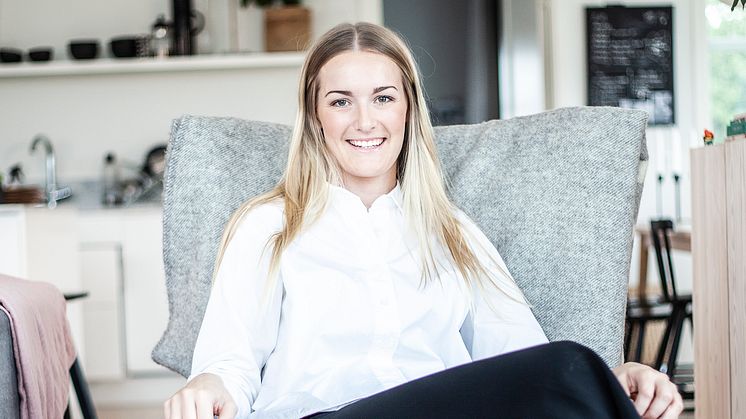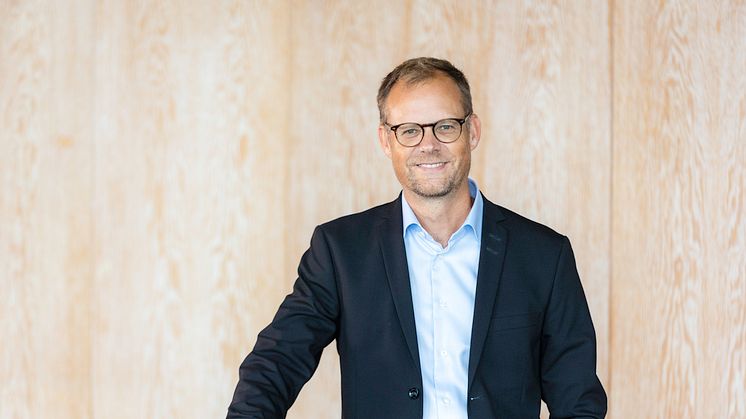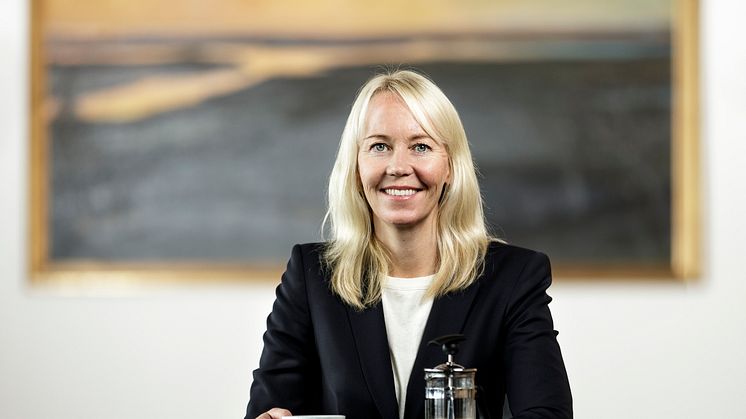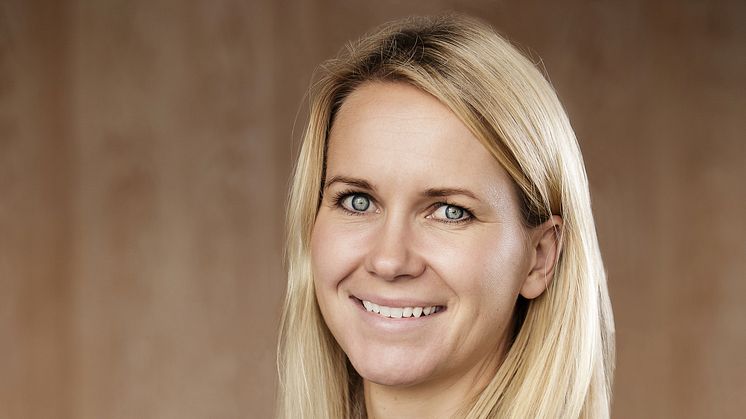
Blog post -
Löfbergs Sustainability Report: “Drinking coffee with a clear conscience should be easy”
Getting more people to choose sustainable consumption requires more than just sustainable products. It is easier to brew, taste, and enjoy coffee in a more conscious way through inspiration knowledge, and practical tips.
“Our strong market presence is one of our most important channels to understand and reach out to the consumers. By sharing how our coffee products contribute to a sustainable development in a simple, honest, and innovative way, we want to raise the awareness of more consumers”, says Malin Helgman, Head of Digital Marketing at Löfbergs.
How do you communicate sustainability information?
“Last year, we launched ‘Doing the right thing is easy!’, where consumers got tips on more sustainable choices and a run-through of the work behind our coffee via QR codes on the packaging. It is time to take the next step, and we are launching a new digital experience on our packaging with whole beans. By scanning a QR code, the consumers can explore an interactive world where AI avatars guide them through different rooms and tell them about our coffee and sustainability efforts.”
What is your view on the problem with coffee waste?
“We know that quite a lot of coffee unnecessarily goes to waste, and we want to inspire consumers to better habits by showing them that you can make use of the coffee grounds and left-over coffee. In that way, we are giving the product more value, which we think that coffee has earned as it requires 64, often hand-picked, beans for one cup of coffee.”
What are you doing to help consumers reducing their coffee waste?
“We have developed different concepts to pay attention to this issue. One example is the campaign ‘Caffe Slatte’, where we encourage consumers to drink up the coffee they brew, but also help them find smart ways to reuse leftover coffee – for example when baking. The coffee grounds are also reusable. One of the most read articles on our website recounts how coffee grounds can be used as a plant fertiliser. It proves that there is an interest from consumers to learn how to act more sustainably.”
What do you hope consumers learn from these initiatives?
“Our hope is that more people become aware of how minor choices in our everyday life can make a big difference. By reducing coffee waste, recycling packaging, and making sustainable choices when they buy coffee, the consumer can contribute to a more sustainable future. We want to make it easy to drink coffee with a clear conscience.”



